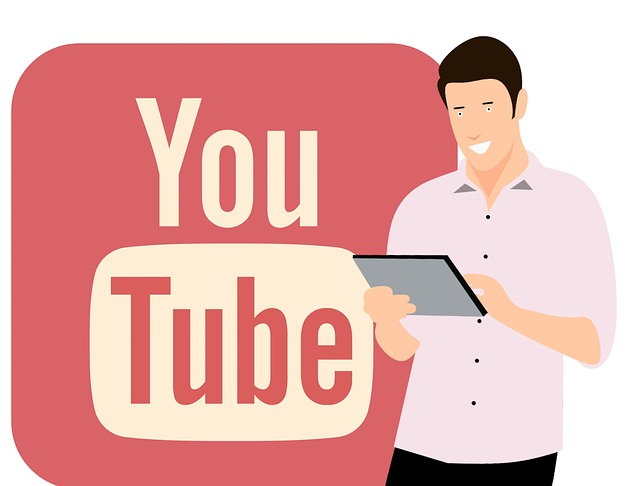
Pandemic or not, radio broadcasters everywhere should be experimenting with the livestreaming video. For radio stations, it can provide a new way to engage with audiences. For on-air talent, it can provide a way to continue doing a show even if you find yourself “on the beach.” (For a great example, check out what Carla Marie and Anthony are doing on Twitch.)
When it come to livestreaming, air talent has their choice of platforms: YouTube, Facebook, Twitch, Instagram, Periscope, and others. Each platform has different advantages and disadvantages. I have talked to broadcasters who have started out livestreaming to multiple destinations, only to find that their livestreaming shows performed better when they ultimately committed to a single platforms and embraced its functionality.
For those who are comparing platforms, YouTube introduced three new features last month:
1. Clips
With the meteoric rise of TikTok, legacy social media companies have been looking for ways to capitalize on short-form videos. Instagram introduced Reels last year as a direct competitor to TikTok. Facebook is rolling out Soundbites, an audiogram generator designed to help audio creators share their content using short video clips.
Now, YouTube is combining elements of both of these tactics by introducing Clips, a new feature which allows livestreamers to share a short snippet of their show after the broadcast. It can easily be shared on social media or embedded in an email or on a website. This is the video equivalent of radio’s “If you missed the morning show today, here’s what you missed…” promo.
2. Polls

Twitch and Facebook have enabled livestreamers to conduct live polls for years. Now, YouTube also offers this tool to engage viewers. Find instructions for creating YouTube polls here.
3. Limiting Chat
As the online world has grown increasingly more combative in recent years, social media platforms have introduced more and more tools to enable content creators to keep their communities safe and friendly. YouTube is now enabling livestreamers to limit chats to their subscribers, reducing the likelihood that streams will be bombarded with nasty comments from people who aren’t fans.
This feature offers another benefit: it offers an increased incentive for viewers to subscribe, which will grow the streamers’ fanbase. Find instructions for this feature here.
In some ways, these features are YouTube playing catchup with other livestreaming destinations like Twitch and Facebook. Whether they will have an impact on you will depends on where you are with your livestreaming strategy, but they are worth investigating.
- A Simple Digital Treat to Thank Your Radio Listeners This Thanksgiving - November 13, 2023
- Interview Questions When Hiring Your Radio Station’s Next Digital Marketing Manager - November 6, 2023
- A Radio Conversation with ChatGPT: Part 2 – Promotions - October 30, 2023





Leave a Reply